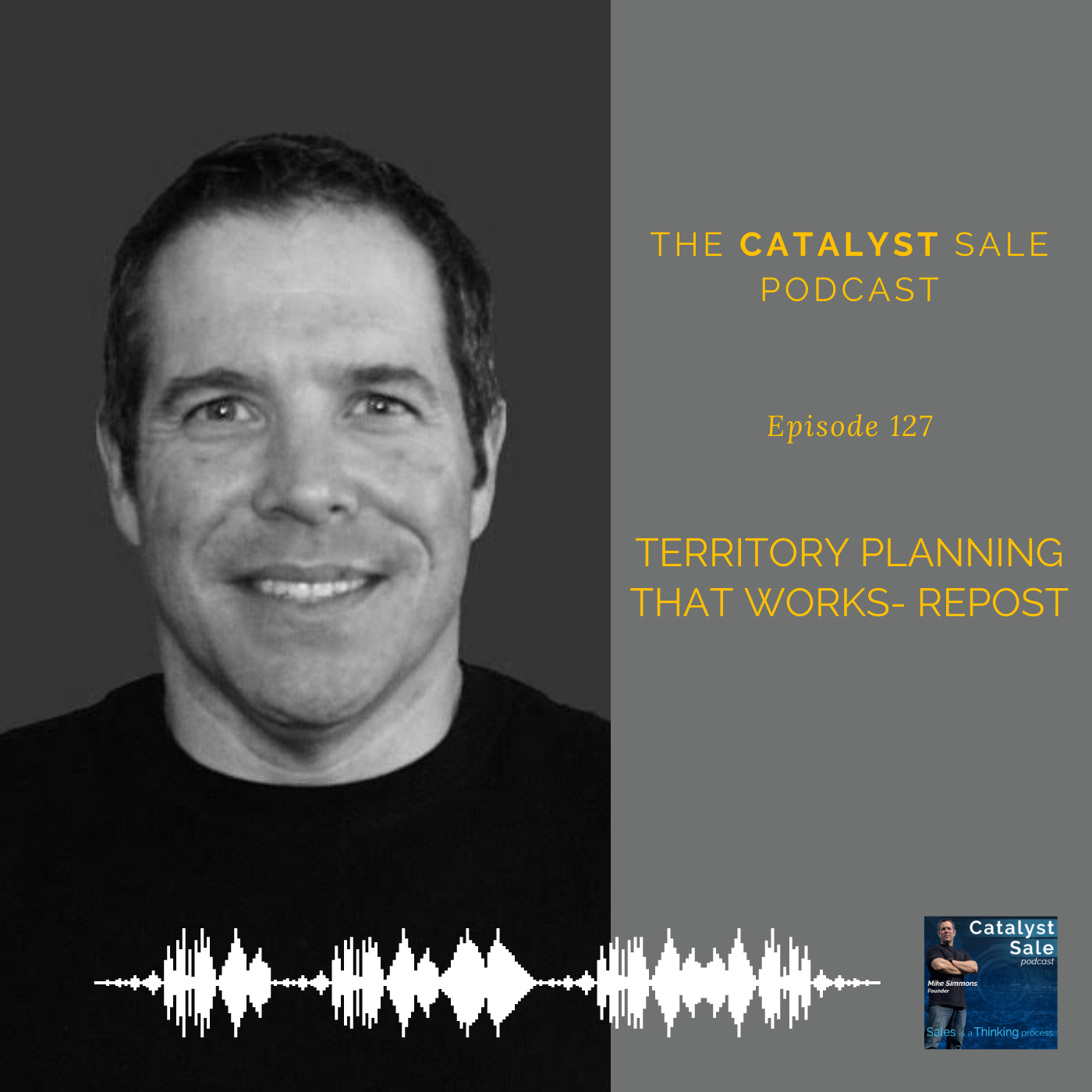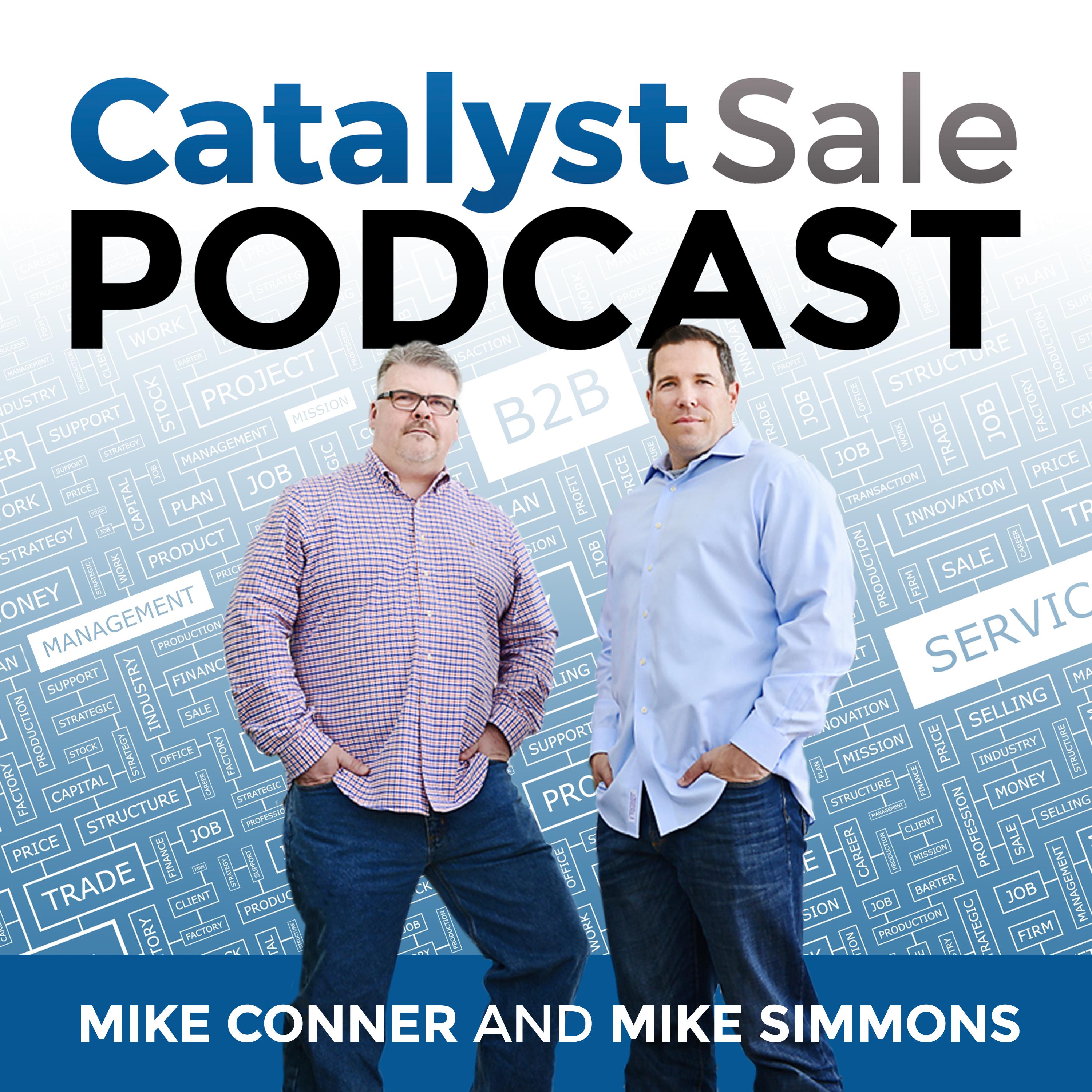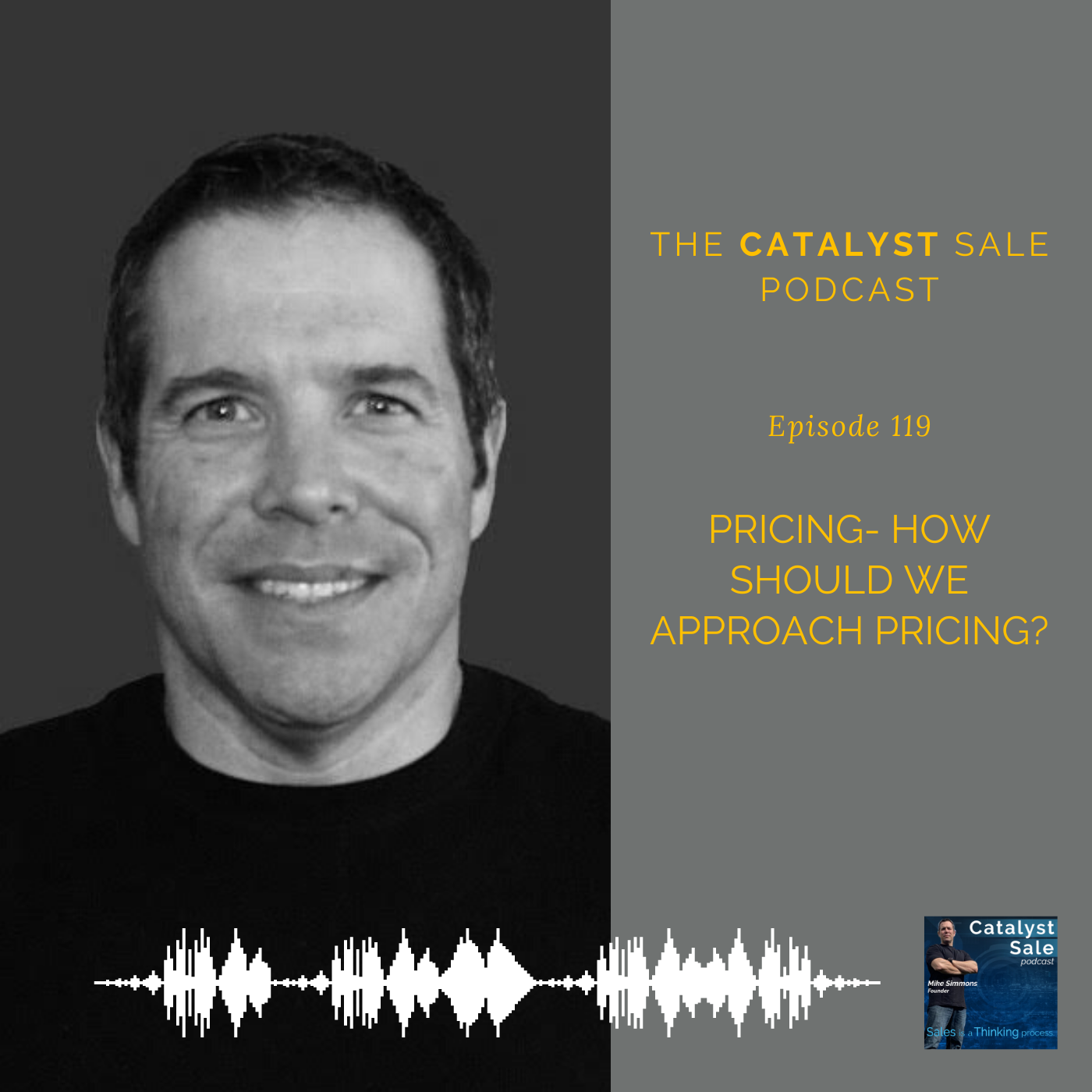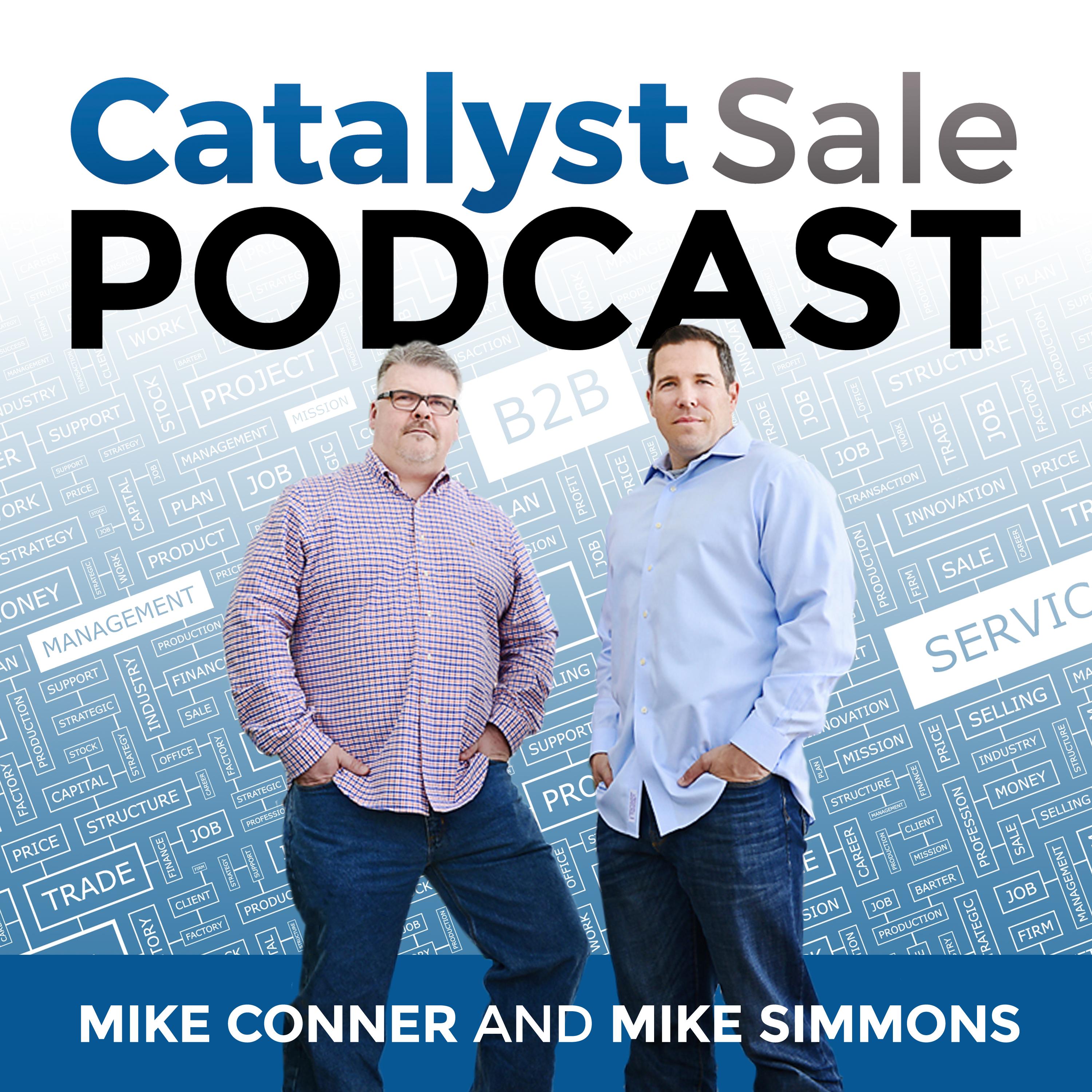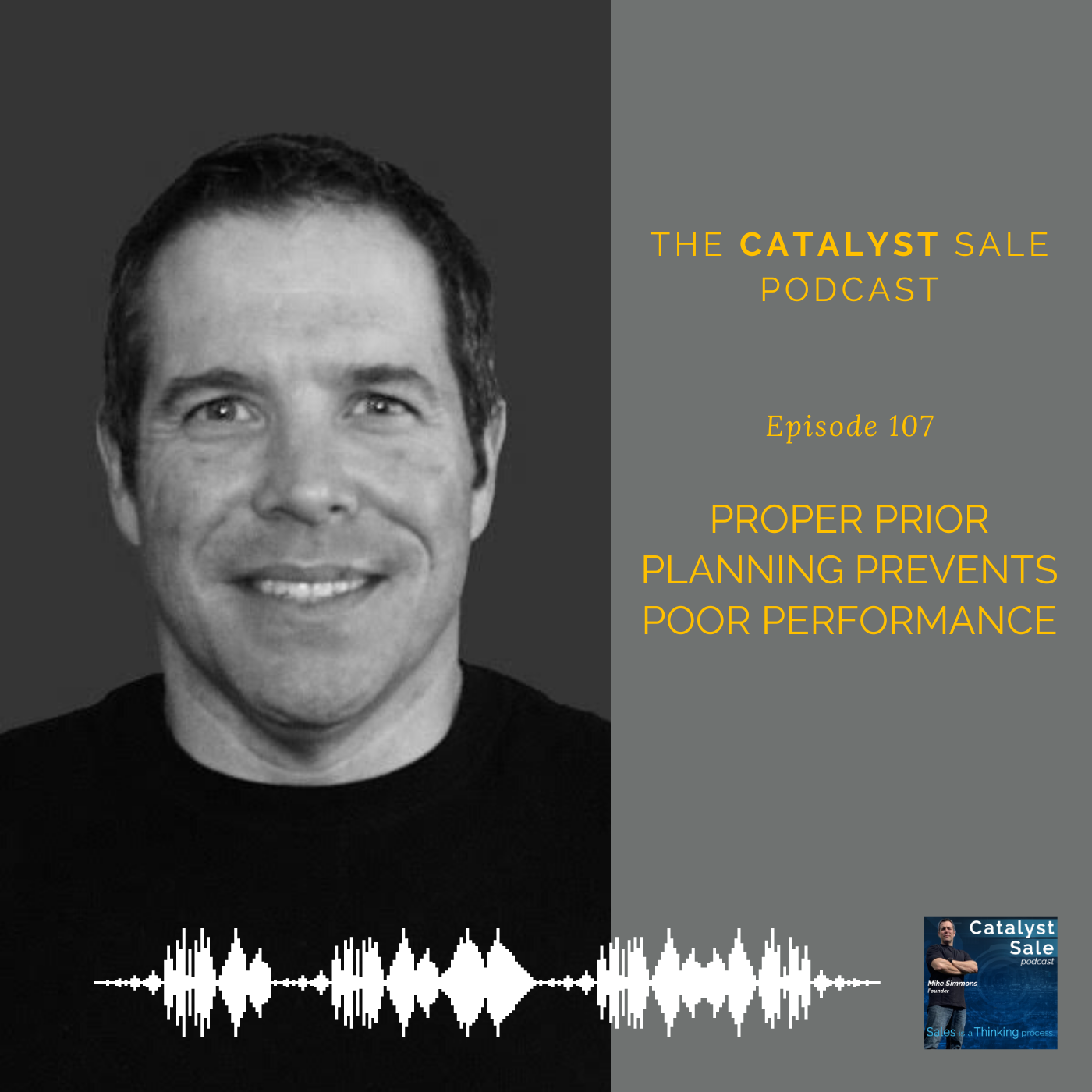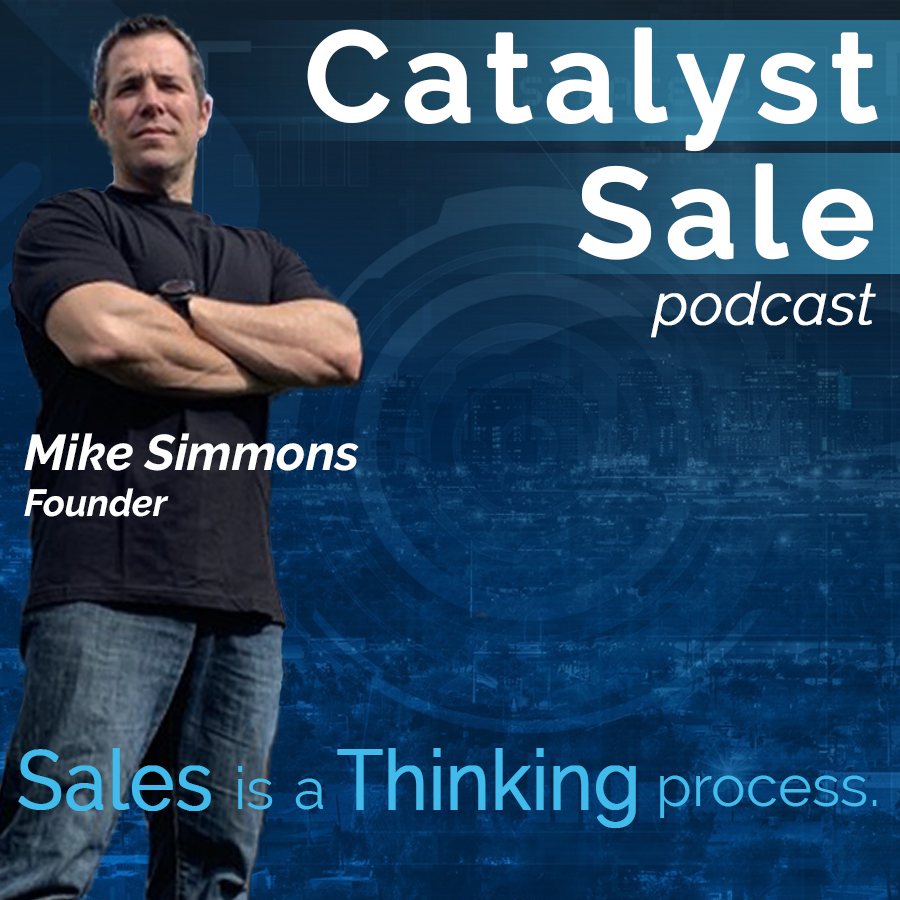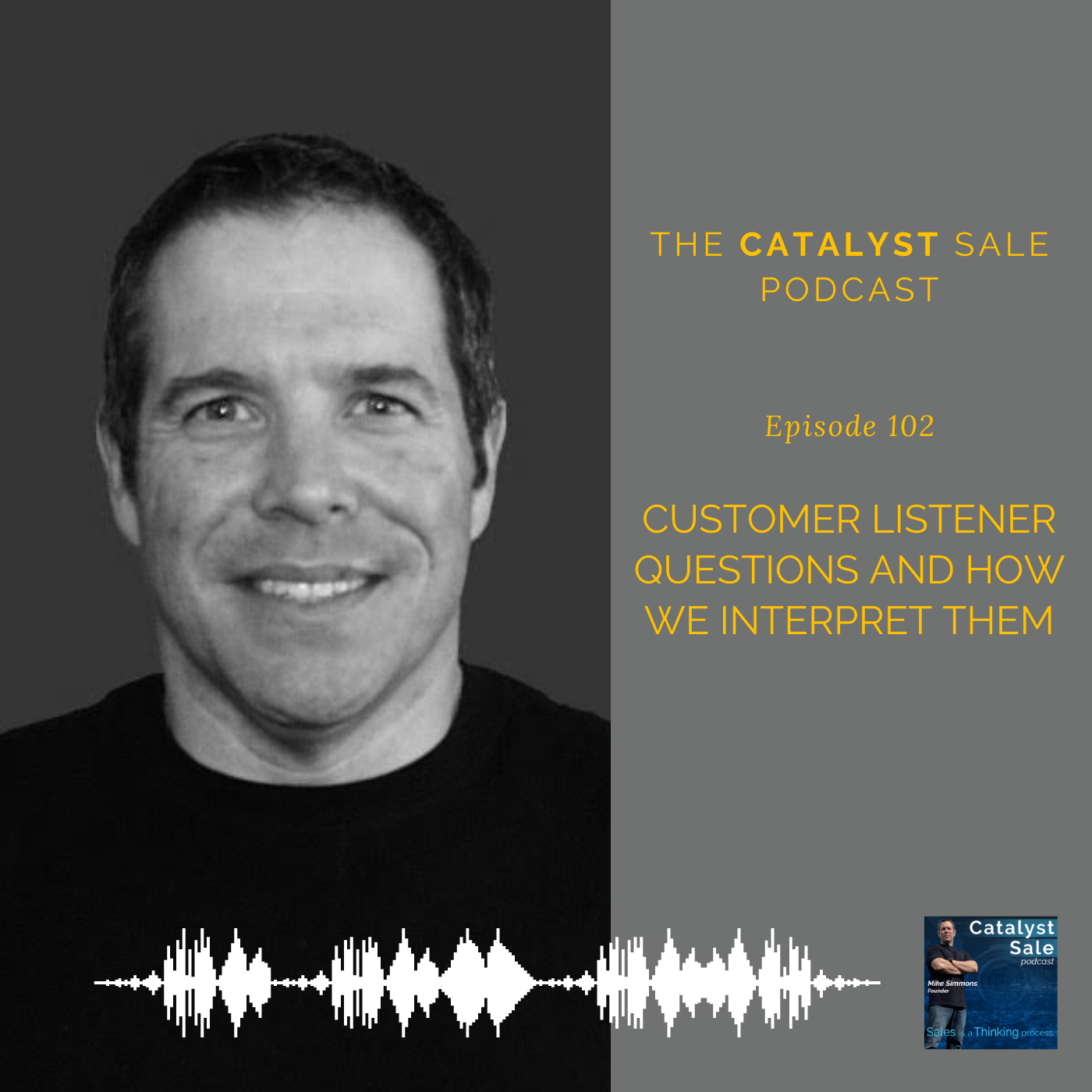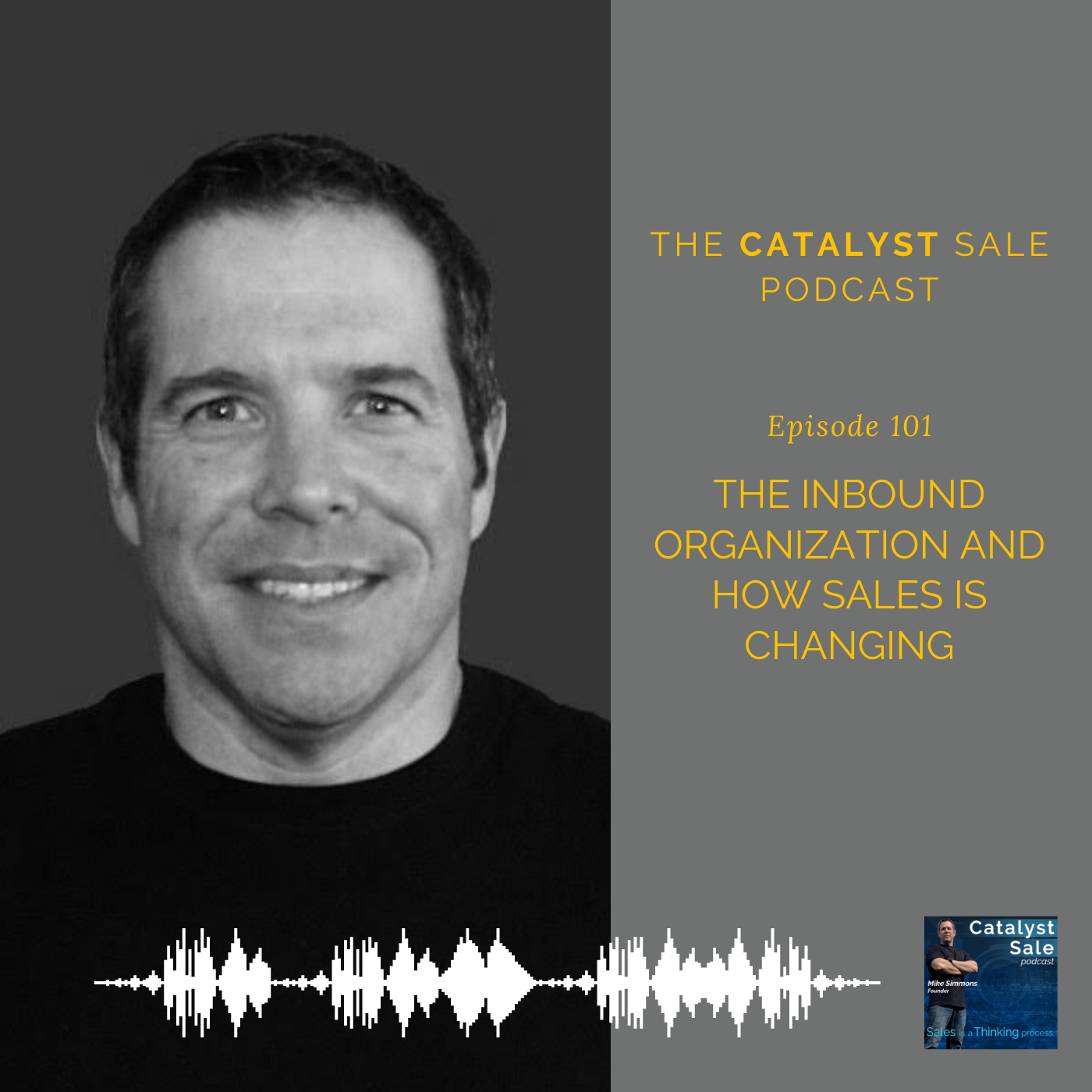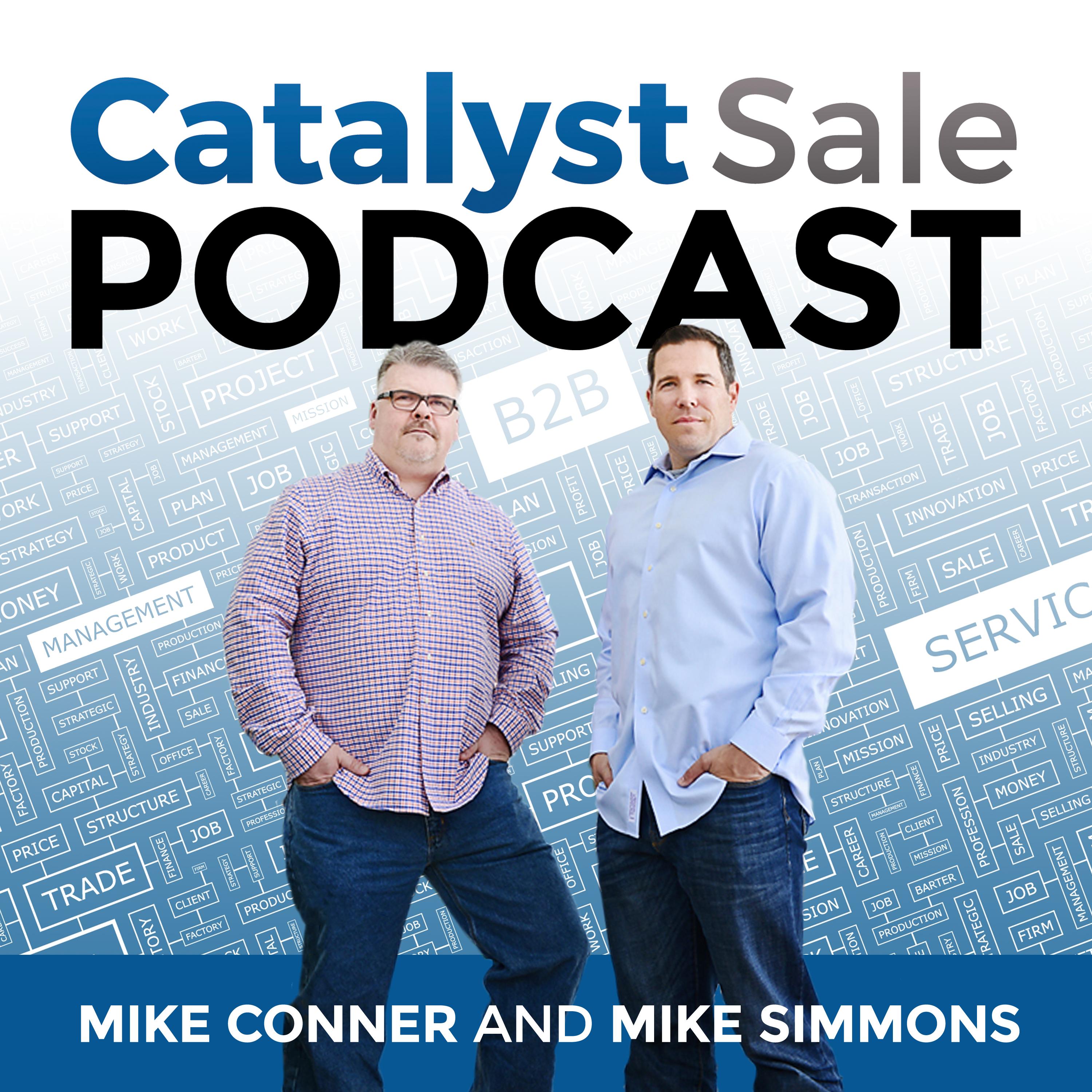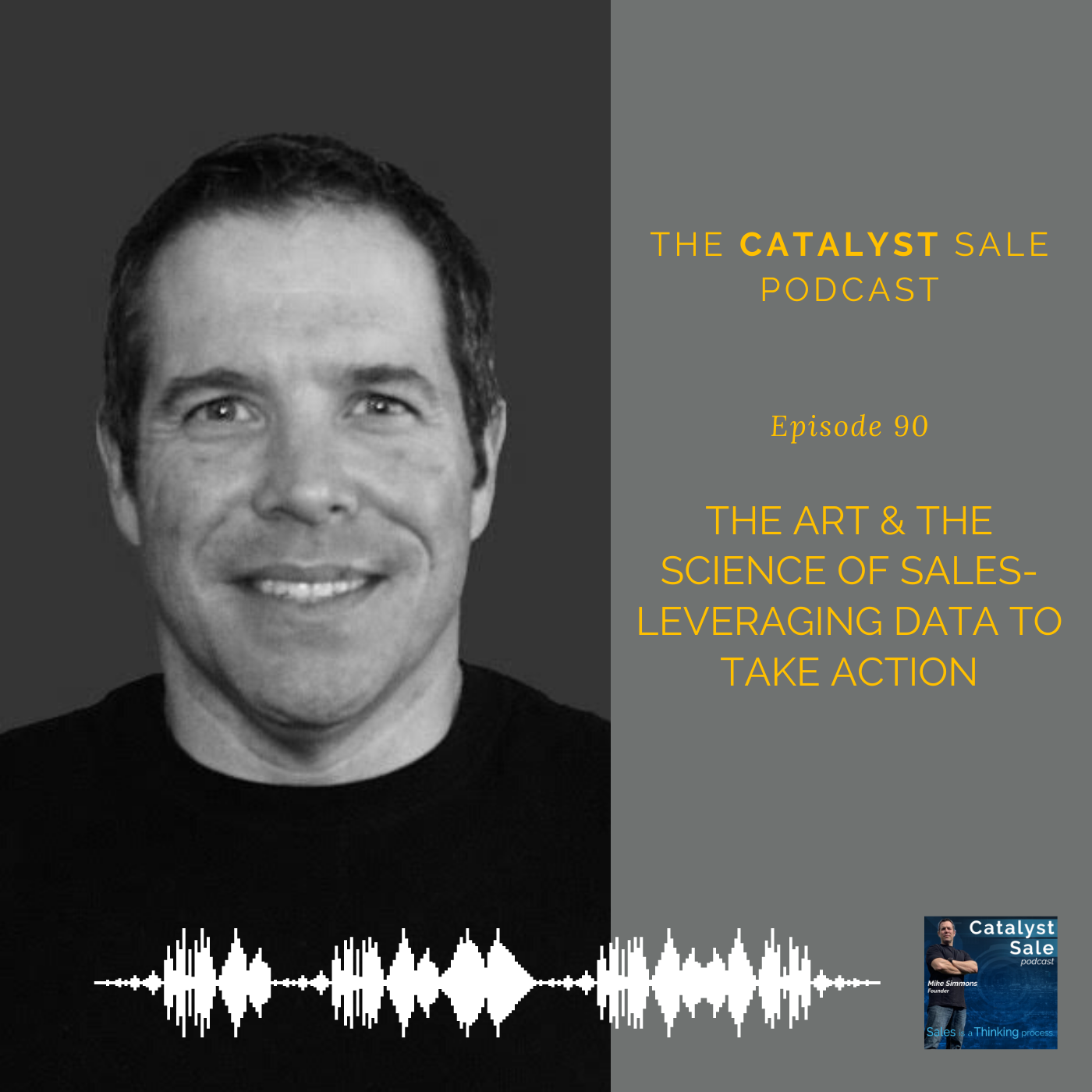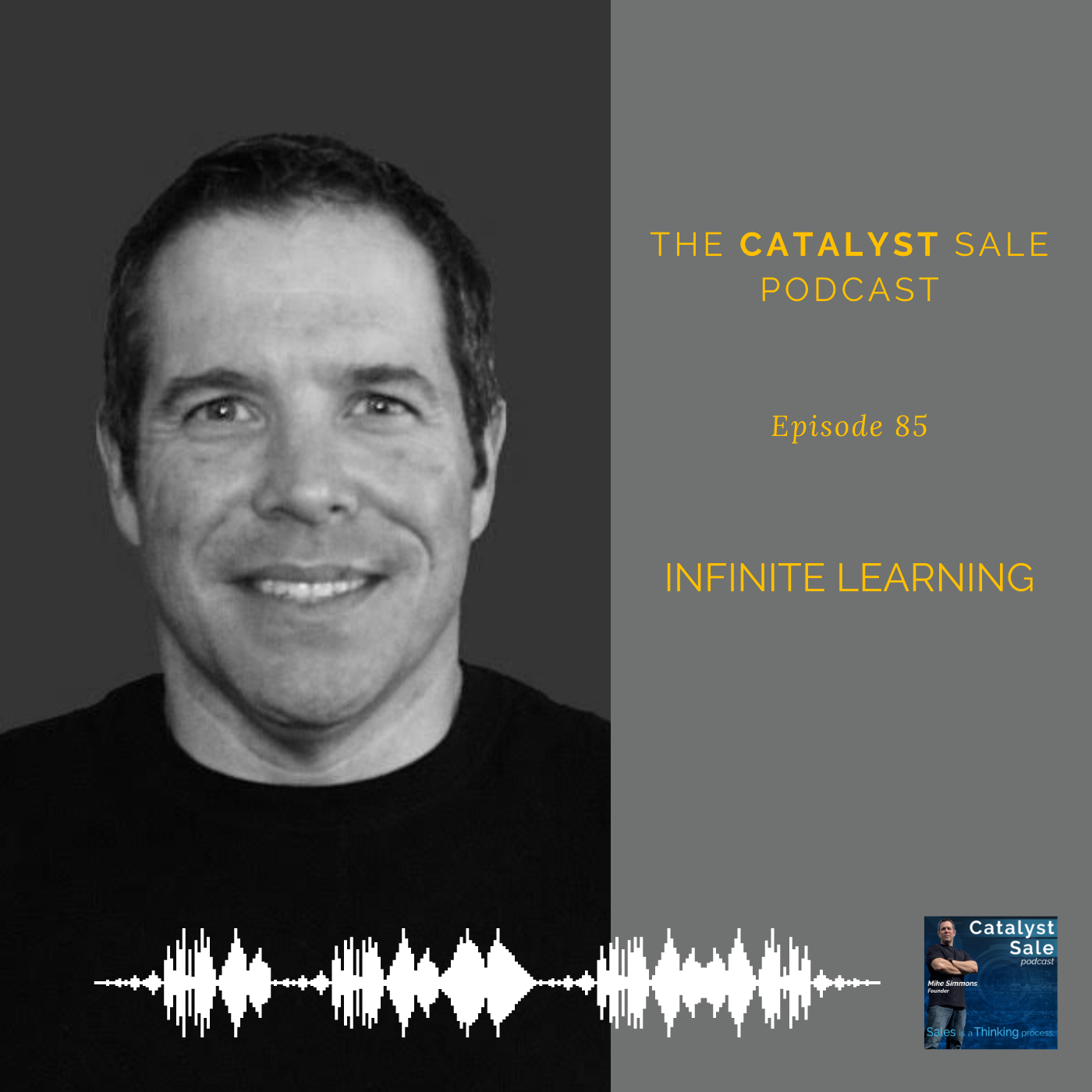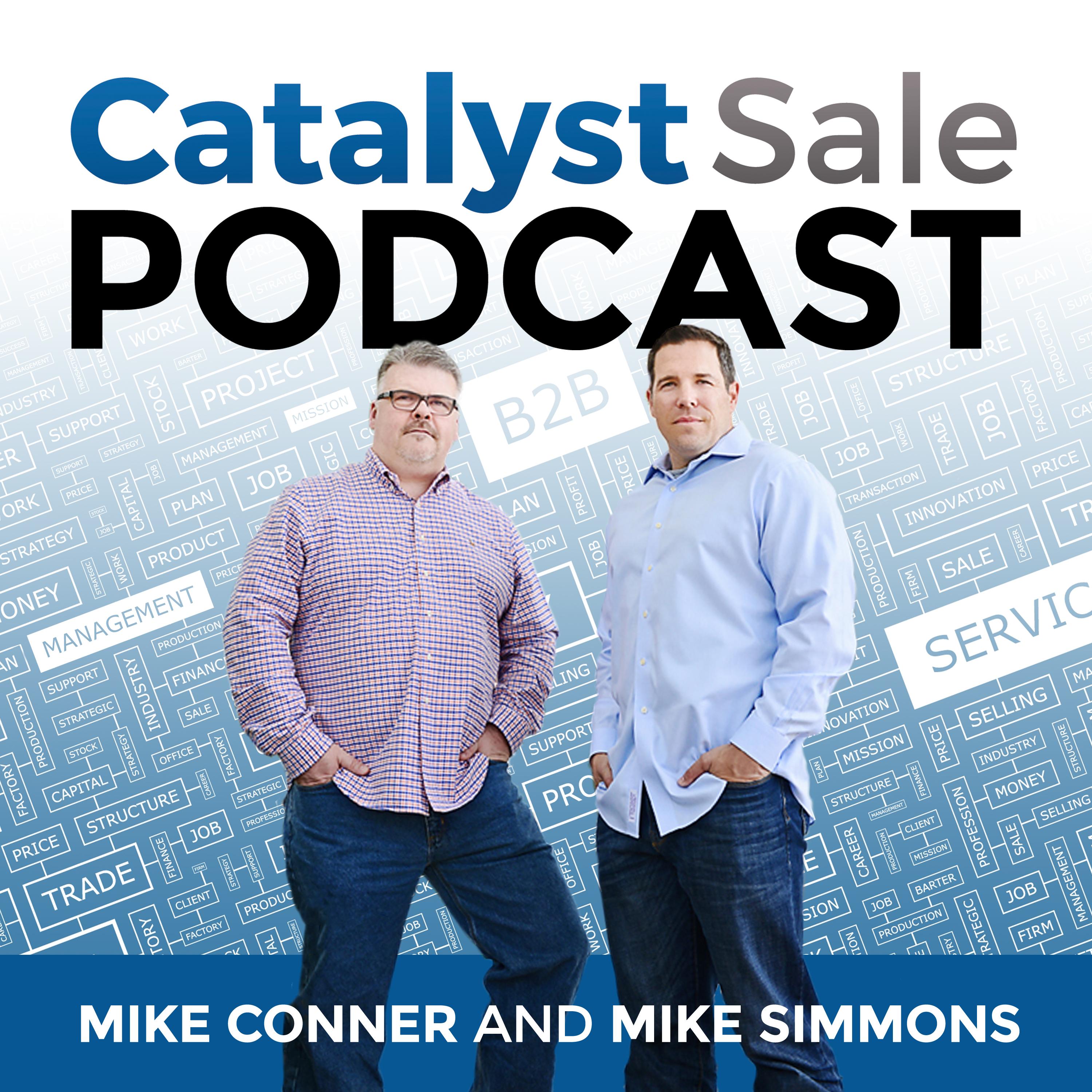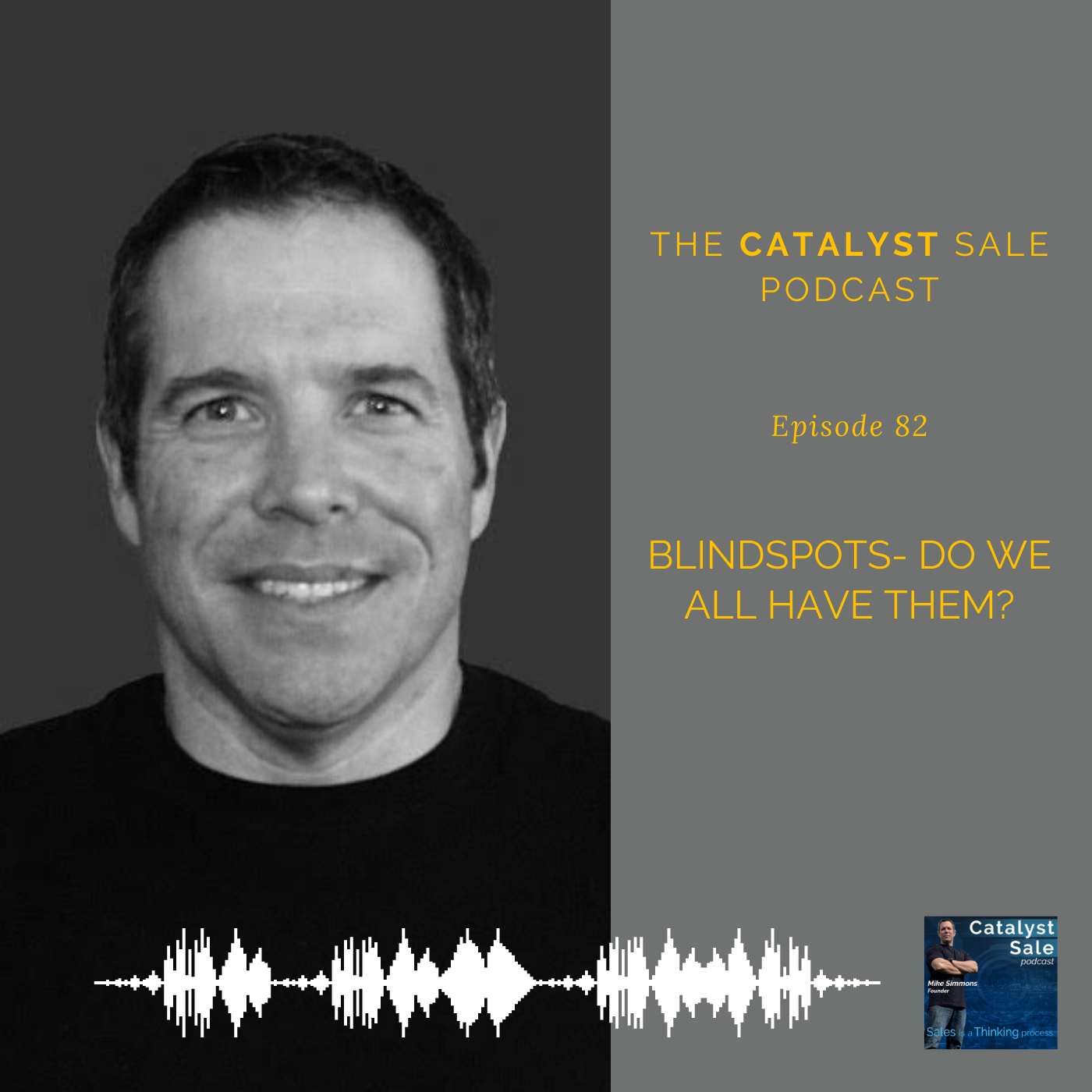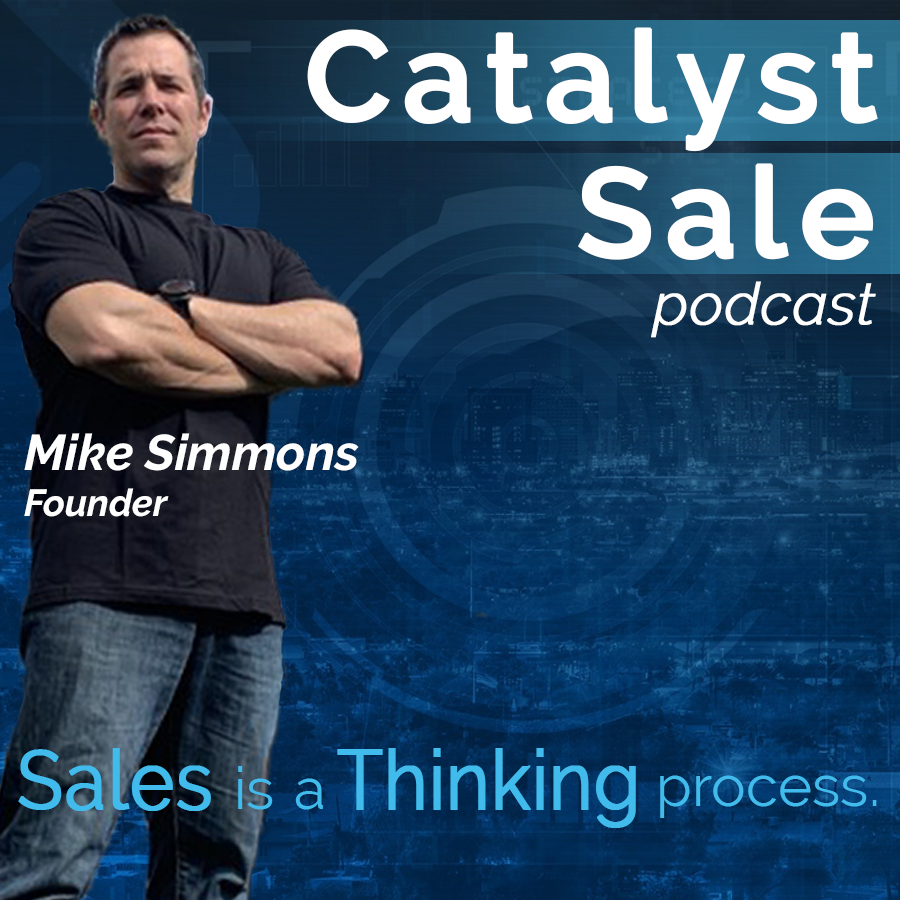Insights and the Importance of Story - Guest Anne Wolf - 84
Storytelling, Entrepreneurship, and Lessons Learned from Working with Steve Jobs - Guest Anne Wolf Anne is the President & Founder of Wolf Communications. She is a Chief Marketing Officer by trade, she has carried a bag, starting her career in sales. Today, she works with entrepreneurs, many times in a Chief Strategy Officer role. We met Anne through the TLDC18 conference. This week we cover a lot of ground, from the transition between sales and marketing, to Anne's time at Apple, to helping new entrepreneurs. We hope you enjoy the discussion, and look forward to your feedback. Questions Addressed What is the difference between Brand Story & Authentic Story? What are some of the things a sales rep can do when trying to understand their story, or their customers' story? What was it like working with Steve Jobs? What are some common misperceptions among your students about entrepreneurship? What are some common challenges that you see when working with founders? What are some of the things that people do well when it comes to the exit? Where do they fail? Key Takeaways Brand Story - sometimes this is confusing - entrepreneurs tend to focus on feature functionality vs why they are doing this. Authentic story - why they decided to focus on this issue, focus on this challenge. This helps to convey your passion, helps with onboarding, and helps with keeping customers Mistakes happen when you think of the pitch as a focus on feature/functionality. Investors want to hear the "why" behind it Your Authentic Story takes a lot of transparency, some people fear this. Your customers are smart. SHaring the good, the bad, the ugly is better than painting the picture that everything is perfect) Reps tend to focus on presentation of the information, they should focus more on listening. Listen to solve problems. Anne's success in sales was a function of understanding her customer's story Think of brands we admire - you usually can tell a great story - this is what makes them interesting. Start with the Why Go Where they Live? - Why? (pressure, Problems, Location, Put yourself in the customer's shoes) If you can't be on site - you can bridge the gap by using vocabulary, showing empathy, help the client see you as an extension of their team. Be Brutally Honest. When in Doubt, Tell the Truth. Be Trustworthy Changing human behavior is very difficult. Your brand is your promise. When the thing breaks - is the company there, or do you regret the promise? - Follow the customer through the lifecycle In Steve's mind, Apple was breaking their promise, they were not delivering great technology. Working with Steve helped Anne recognize the value in "doing something great." Decisive Leadership - It is just as important to know what you are not going to do, as it is to know what you are going to do. This led to the "Think Different" Campaign The sales team was focused on product, the business was focused on changing behavior, changing mindset. This was about releasing something new, something different, which ultimately was the iMac. As reps, sometimes we have a tendency to color inside the lines, embrace the rebellious spirit, use your own story as a tool. Entrepreneurship - it's not as easy as you think. Know who the customer is. Know why will they buy. Know how will you fund it. One common challenge is when you have a CEO/Founder who is so married to their technology, that they can't see around the product. (i.e. the product does not do xyz). The leadership "DOES NOT SEE THE REALITY" There is such a lack of communication across functions. CEO can be surrounded by people who just tell them what they want to hear. Do you feel awkwardly uncomfortable with what you are communicating? If so, that is a good thing. Over-communication can help with commitment. Staff may feel awkwardly uncomfortable, communication can help overcome this. Great leaders do not create followers, they create other great leaders. Common theme - students, others, executives - you need to build a level of trust, the foundation of trust is based on intention. Exits are taking longer than in the past. ~70% of startups will fail, Crossing the Chasm takes longer than you think it will take, and many organizations will not get there. The ones who exit manage the exit successfully... Don't count their "coin" too early Maintain a maniacal focus Keep the exit as a closely guarded secret When everyone is talking about the IPO, it takes people off task Failure is an accomplishment Leverage mentors Build your personal brand Show Links LinkedIn Twitter Crossing the Chasm Think Different Campaign Call to Action Anne shared her LA County Unified School District story - How can you apply this in your role? We'd like to hear how you can apply "being there" in the context of your customers. Please share your stories with us @catalystsale on twitter or via [email protected] ---------------------- Thank you Ratings & reviews help others discover the podcast - thank you for helping us get the message out to the community. Please send listener questions and feedback to [email protected] or contact us directly on twitter, facebook or LinkedIn. Catalyst Sale Service Offerings Growth Acceleration - Plateau Breakthrough Product Market Fit ---------------------- Subscribe to the Catalyst Sale Podcast Subscribe via iTunes Subscribe via Google Play Catalyst Sale In every business, in every opportunity, there is someone who can help you navigate the internal challenges and close the deal. There is a Catalyst. We integrate process (Catalyst Sale Process), technology and people, with the purpose of accelerating revenue. Our thoughtful approach minimizes false starts that are common in emerging markets and high-growth environments. We continue to evolve our practice based on customer needs and emerging technology. We care about a thinking process that enables results versus a process that tells people what to do. Sales is a Thinking Process.
 Sign in
Sign in Sign in
Sign in Sign in
Sign in

